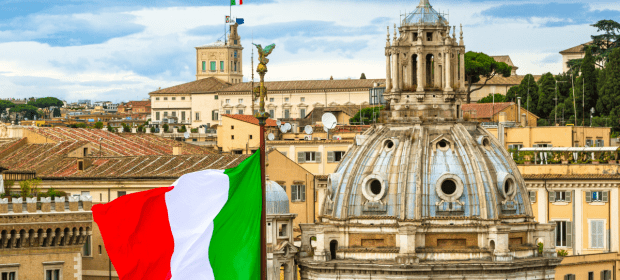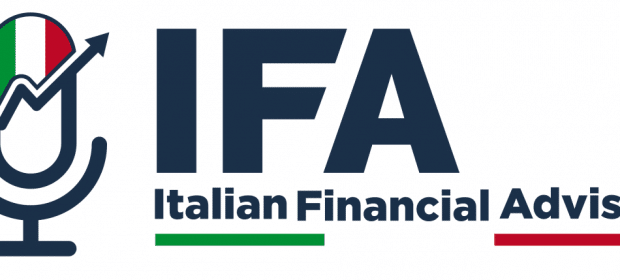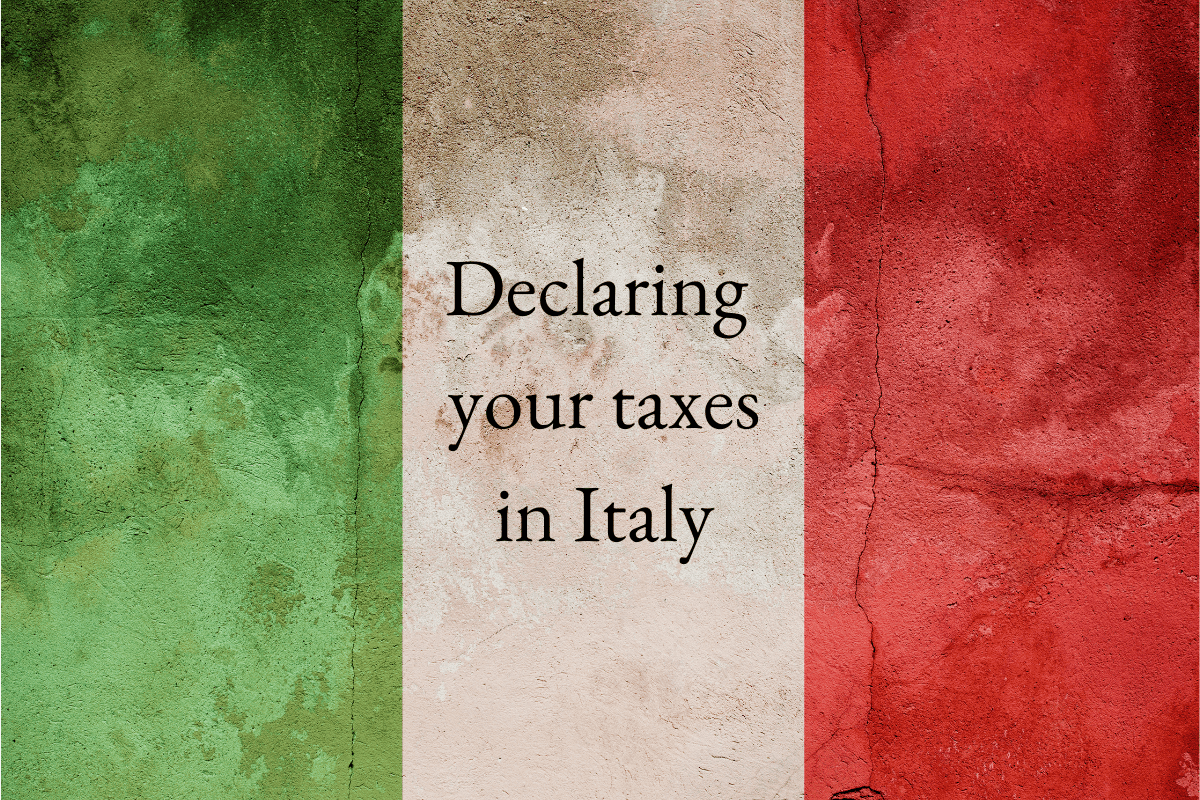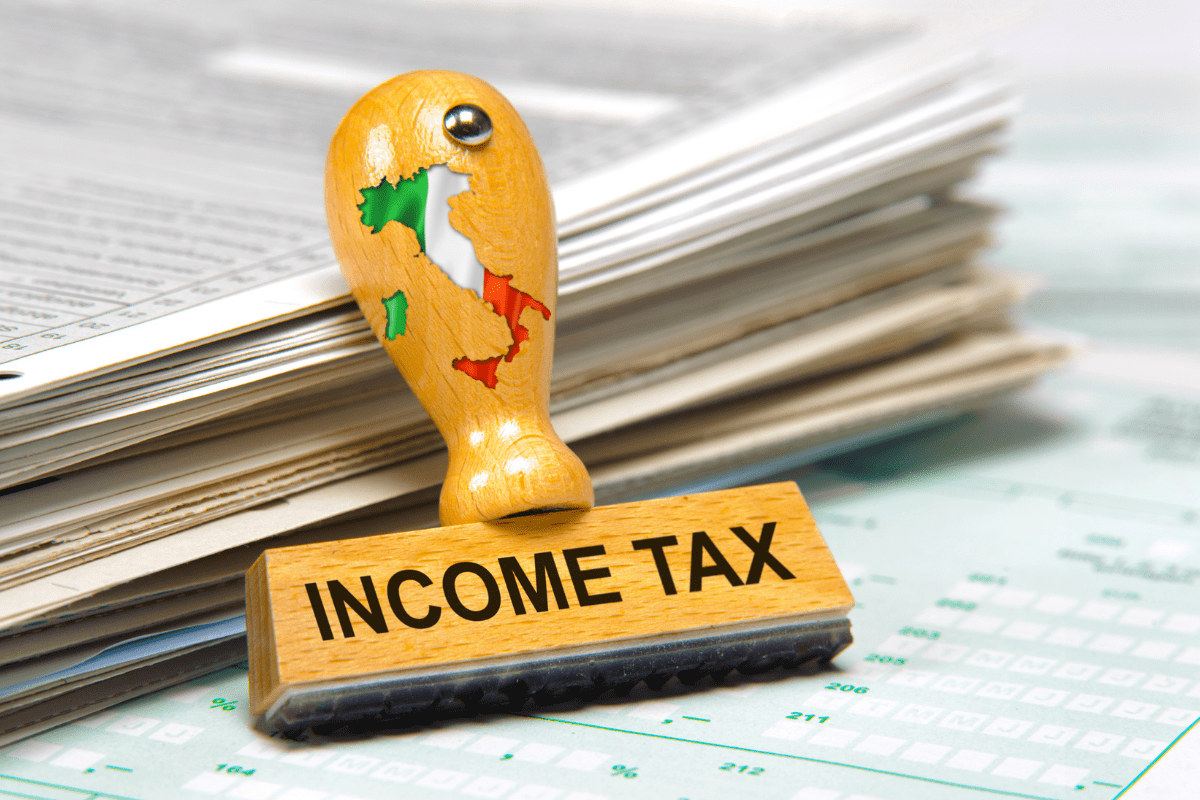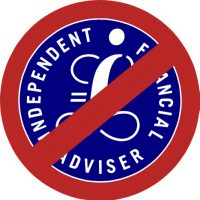So here are the top excuses that the Agenzia delle Entrate do not care about.
1. I didn’t know I had to.
This has to be at No 1 because it is the most common one I have heard over the years. Needless to say the AdE has no interest in whether you knew you had to do something or not. It is your responsibility to get informed, and failure to take the right advice or do the right thing means you are liable for all back taxes if they catch up with you.
2. I am not a tax resident.
I have written about this many times in the past. If you are registered as resident in Italy, i.e. you have registered at the comune and are registered at the Anagrafe, then you are more than likely, in the eyes of the AdE, going to be considered fiscally tax resident as well. Just because you live in another country for more than 183 days per calendar year and your main work and/or family interest are outside Italy, it does not matter to the tax authorities. You have registered to say you are resident and therefore they can legitimately come after you for taxes.
I was recently contacted by someone who said that she had been registered as resident in Italy since 2007, when she bought a house, but the home had only ever been used as a holiday home (she was informed by the estate agent that if she registered as resident then she would only have to pay 2% VAT on the purchase rather than 9%). However, the registration meant that she was also fiscally tax resident. The tax authorities have recently contacted her to ask for all back taxes in the last 5 years on her worldwide incomes, assets and gains.
The only way to resolve this now is to put a case forward to demonstrate than she was UK tax resident and falls under the double taxation treaty. That will likely mean lawyers and accountants needing to get involved and an extensive negotiation with the AdE and the UK tax authorities. In addition, they can legitimately ask for all the taxes to be paid whilst the situation is resolved.
One simple rule to remember is that if you want to simply own a holiday home and have no intention of becoming a fiscal tax resident in Italy then do NOT, under any circumstances, register as resident at your comune!
**A small note here, just to say that because of Brexit a number of Brits asked me about taking residency, pre 31 December 2020 as a way of getting around the travel restrictions imposed by the EU for non-EU citizens: 90 days in 180 day travel in the Schengen area. The answer is very simply that it is not possible unless you want to be on the radar for taxes as well. It is an all or nothing situation!**
3. I am covered by the double taxation treaty (DTA) between my country and Italy, and therefore considered non-resident.
This is one that I also hear often and stems from a misunderstanding of the DTA. The tie-breaker clause in the DTA states that where two states cannot agree on the residence of an individual then a number of criteria will be applied to determine the residency of the said person.
This might seem cut and dried, but if you register as resident in Italy but maintain your family/work/social and business interests in another country it DOES NOT mean that you automatically fall under your home country rule. In reality Italy, as any other country, could ask you to pay your taxes for your time registered as resident. You would be expected to pay and then deal with the respective tax authorities to reach a ruling as to exactly where your actual residence lay in those years. The important part to note is that, if asked, you would be expected to pay your outstanding taxes and then claim them back! Better to plan your residency carefully before a permanent move or a simple house purchase.
4. My commercialista told me not to declare it.
This is another well-worn example of getting informed before you decide a course of action. The simple rule with the commercialista is that whatever they ‘advise’ must be written down either in an email or on headed paper and signed. The excuse that they told you not to do it, which you later find out not to be correct, will not pass AdE inspection. In addition, if it isn’t written down then you have no come back against the commercialista if they have advised you incorrectly. All commercilisati have to hold professional insurance in the case of them giving bad advise, but no evidence, no claim!
Commercialisti are in general good at what they do, but you may find that your local firm is more knowledgeable about running a local agriturismo business than how to advise ‘stranieri’ with their overseas tax declaration. I now speak and intermediate with my clients’ commercialisti to ensure a) they know what products they are dealing with and b) how they should be declared. Most commercialisti are willing and want to learn and very frequently tell me something I was not aware of either.
One quick rule: If your commercialista tells you that you don’t have to declare something then go and find another one. Everything needs to be declared in Italy!
5. I pay tax already on my house in the country where it is located. Why I should pay the Italians as well?
I can’t recount how many times I have heard this one and whilst I understand the feelings around paying taxes in one state and then having to declare them again in Italy, these are the rules. Property is a fixed asset, and by fixed I mean physically fixed to the ground (unless it’s a caravan!) and therefore you must, by law, declare the asset and income from it in the country where it is located, first. Once you have been through that process you then need to declare it in Italy in the same way. If there is a double taxation treaty between Italy and the country in which the property is located, and it covers property specifically, then you should be able to claim a tax credit for any tax paid. You will therefore end up only paying tax in Italy at Italian rates.
I often hear people tell me that their commercialista has said that they cannot deduct expenses in Italy. This is correct. If your property is located in the UK, for example, then you cannot deduct any UK generated expenses ‘directly’ in your Italian tax return. However, this misses the point that they can still be deducted. You can and should still apply allowable expenses in the UK (in this example). In Italy, you report the UK income generated after UK allowable expenses.
6. I don’t want to declare that for tax in Italy, it was a gift.
This is one I don’t hear so often but it comes up every now and again. You may have received a gift from someone or received an inheritance as part of the distribution from an estate and obviously taxes may need to have been paid in the state where the estate is administered. Once you receive the money then it needs to be declared in Italy in whatever form you choose to hold it, annually. The gift/inheritance will not be taxed again as Italy respects the fact that taxes have already been paid on the gift/inheritance. Therefore, not declaring the monies you receive doesn’t make any sense and would be merely seen as a deliberate attempt to hide money from the tax authorities.
7. My ‘stranieri’ friends have been living in Italy for years and none of them pay tax in Italy.
These excuses are not in any particular order because if they were then this one would be nearer the top of the list. It’s a common one and makes me sigh with despair every time I hear it. It is also my favourite!
The chances are that your friends are not doing what they should be doing and it is only a matter of time before they get picked up by the tax authorities. I know there are plenty of people who are living in Italy, and have been for many years, without having made any declaration to the Italian state. I don’t think I need to say that this is 100% illegal and is advice that should not be followed!
For EU nationals, taking the risk of hiding under the EU Freedom of movement directive seems to be an option that some are happy to take. They remain resident in their home country but live in Italy all year round. Admittedly, I think they would be hard to find, but then they are not registered in the Italian system, are unable to buy a car or claim on the state for medical or other benefits.
Those people who are registered as resident, but also failing to declare themselves as fiscally tax resident in Italy are in a much more precarious situation and given the recent example, (as highlighted above in excuse No 2), then it is not a position that I would want to be putting myself into.
For non-EU nationals, then it is cut and dried. If you obtain a Permesso di Soggiorno to remain in Italy for over 6 months a year, then you are fiscally tax resident. If you fail to declare your taxes in Italy, and are subsequently contacted by the Agenzia delle Entrate, then you can’t say that you weren’t warned.


